Research
June 1, 1995

Clouds in focus
Scientists are still puzzled by how clouds exactly rule the skies. At the UW, they are looking at tiny, cloud-borne ice particles.
March 1, 1995
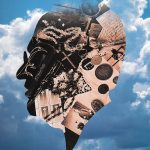
Hope against Alzheimer's
Almost half of all Americans over 85 have Alzheimer's, but hope is on the horizon as UW research begins to break its secrets.

Watershed study
UW forest resources professors and students have built probably the largest research tower for studying tree canopies in the United States.
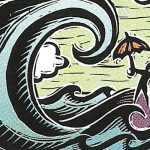
Tsunami research
UW engineers have found that even localities sheltered from storm-driven waves can be wiped out by the earthquake-driven tsunamis.
December 1, 1994
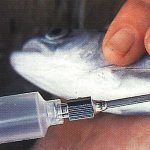
Into the fish fray
Researchers have come up with numbers that disturb long-held conclusions about what's needed to help speed young fish down river.
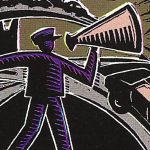
Traffic tracking
Several hundred Puget Sound commuters will use an existing FM wireless messaging network to plan their trips.
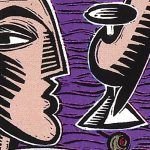
Binge drinking research
UW psychologists reduced the dangers of binge drinking in college students through specialized counseling.

Smarter computers
Software engineers are creating programs that will turn computers into the ultimate in personal assistants.
September 1, 1994

Good sports
Two UW psychologists are teaching players and coaches how to play the game, no matter who wins or loses.

Gender factor
A UW survey has found that both sexes have about the same number of accidents in their driving career, but it found some differences in the data.
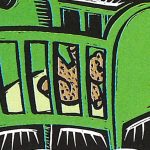
SIDS research
UW medical student Michael Emery published the first experiment that links infant steroid hormones to breathing patterns during sleep.
June 1, 1994
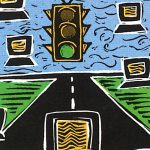
Making video move
Electrical Engineering Professor Yongmin Kim's computer system compresses and decompresses full-motion video signals at 30 frames a second.
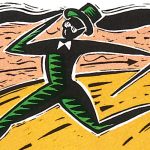
Parkinson’s assist
Sport glasses that allow a viewer to watch TV while mowing the lawn may someday allow Parkinson's disease victims to walk at a normal pace.
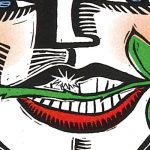
Floss-free life?
Dental researchers at the UW reported that an experimental vaccine protects monkeys from gum disease.
March 1, 1994
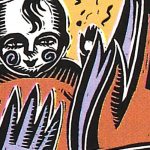
Clues to autism
First-birthday videos are helping UW researchers identify infants with autism two or three years earlier than previously possible.
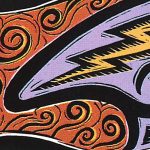
Electronic sniffer
The age of "Artificial Insmelligence" has arrived: UW engineers have cooked up an electronic nose.
December 1, 1993
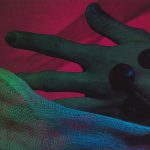
The human factor
Without human volunteers, vital UW research and the possible cures it generates wouldn't take place.
September 1, 1993

Emerald mystery solved
Until UW scientists accidentally encountered a green iceberg in the Indian Ocean, the source of their unusual hue was a mystery.
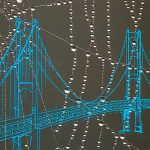
The ultimate biotech
The emerging field of biomimetics draws on some of the most powerful source material imaginable: hundreds of millions of years of evolution.
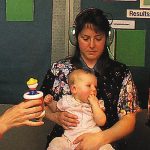
Baby talk
UW findings challenge traditional theories of speech development and indicate that experience shapes language perception far earlier than once thought.